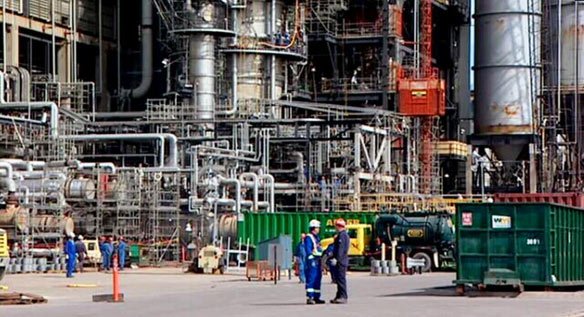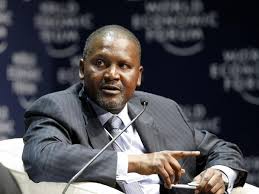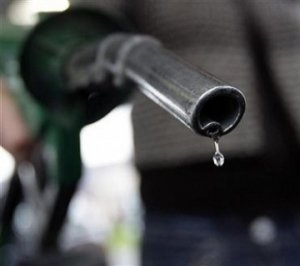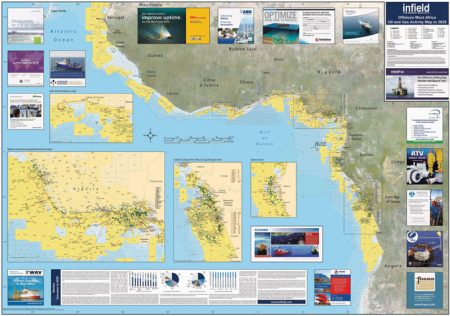
Chuks Isiwu
Lagos — Africa’s richest man Aliko Dangote is targeting oil traders for loan to fund the $2.76 billion, 650,000 barrel-per-day Dangote refinery in Lagos State.
The billionaire businessman is in talks with some of the world’s biggest oil traders to help finance the mega refinery project outside of the commercial centre Lagos, Reuters reported, citing sources with knowledge of the matter.
The refinery is currently under construction and is planned to come on stream by January next year.
Dangote is reportedly in dire need of cash injection in the project in the aftermaths of the economic consequences of the COVID-19 pandemic and soaring construction costs.
The state-owned Nigerian National Petroleum Corporation, NNPC, plans to buy a 20% stake in the refinery for about $2.8 billion but Dangote is looking for outside cash. NNPC’s head Mele Kyari said a process was on-going to raise $1 billion with Afreximbank to fund part of its stake purchase.
Nigerian government’s Federal Executive Council, FEC, recently gave the NNPC the green light to acquire the 20% stake in the refinery.
Dangote has held talks as recently as a month ago with executives from the world’s top two oil traders – Trafigura and Vitol, according to Reuters.
Trafigura and Vitol declined to comment. A spokesperson for the Dangote Group did not respond to multiple requests for comment.
Two sources with direct knowledge were quoted as saying the option of raising another $500 million from a trade house or consortium was being actively explored.
The details of a potential loan from a trading firm have not been finalised but the trader could receive a long-term contract to supply crude and receive cargoes of refined products as repayment.

Nigeria is Africa’s biggest crude oil producer and exporter, and the most fuel-consuming nation in the West African sub-region, but currently depends almost entirely on imports for its fuel requirement.
This is due mainly to decades of neglect of the country’s four 445,000 barrels-per-day capacity refineries in Warri, Kaduna and Port Harcourt, which have made it impossible for the refineries to produce enough fuel for the country’s daily requirement.
The refineries remain mostly prostrate each year, with funds voted every year for their turn around maintenance, which never materialised.
The Dangote refinery is expected to fill the supply gap occasioned by the poor state of the government-owned refineries and their inability to feed the country with enough fuel.
Many past and current Nigerian officials, including President Muhammadu Buhari, have announced plans to refurbish them but political will has been lacking.
The Natural Resources Governance Institute, a non-profit policy think tank, has previously pointed to the moribund refineries as a key focus of oil corruption and waste in the country.
The Dangote refinery has been delayed by several years and the cost has ballooned to $19 billion from Dangote’s earlier estimates of $12-14 billion. Construction was also delayed due to COVID-19 outbreaks among workers at the site and delays getting materials, two sources with knowledge of the project said.
Many industry sources do not expect any products before the second half of next year.
Swiss traders like Vitol along with Nigerian firms, have cashed-in for years in petrol-short in Nigeria by supplying mega tenders and being part of lucrative crude-for-fuel swap deals for over a decade.
Getting a hold of Dangote’s fuel will give the trader a stranglehold on a key set of new oil flows. Nigeria’s new oil bill, approved last month after nearly 20 years of political wrangling, has added fuel-import licence requirements that experts fear will give Dangote an effective monopoly.
Under the new laws, the regulator will prioritize local refiners for import licences and volumes would be based on production capacity or market share.
While Nigeria will remain open in theory to international trading houses, a partnership with Dangote would be the only way to guarantee a foothold in Africa’s biggest economy.
Follow us on twitter


